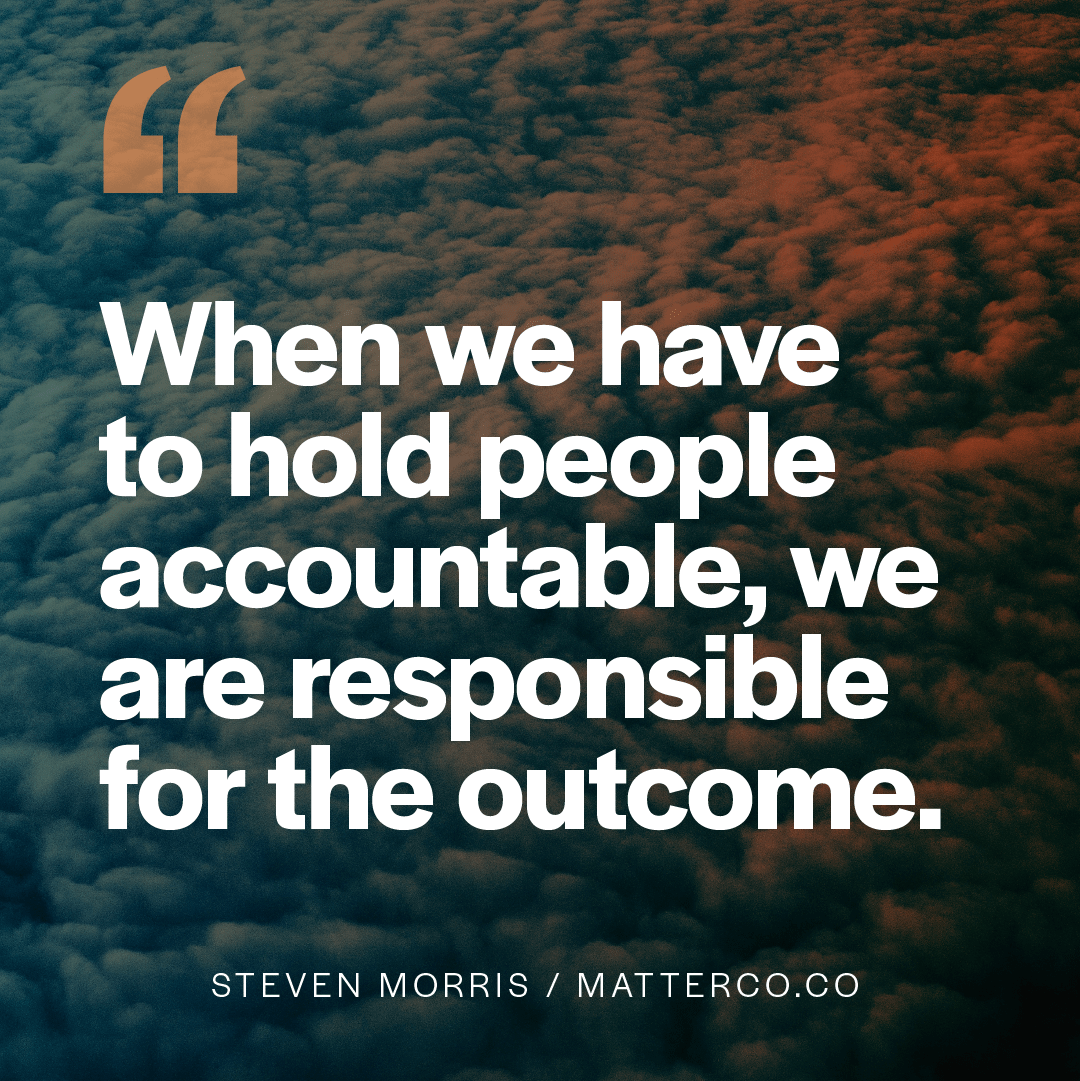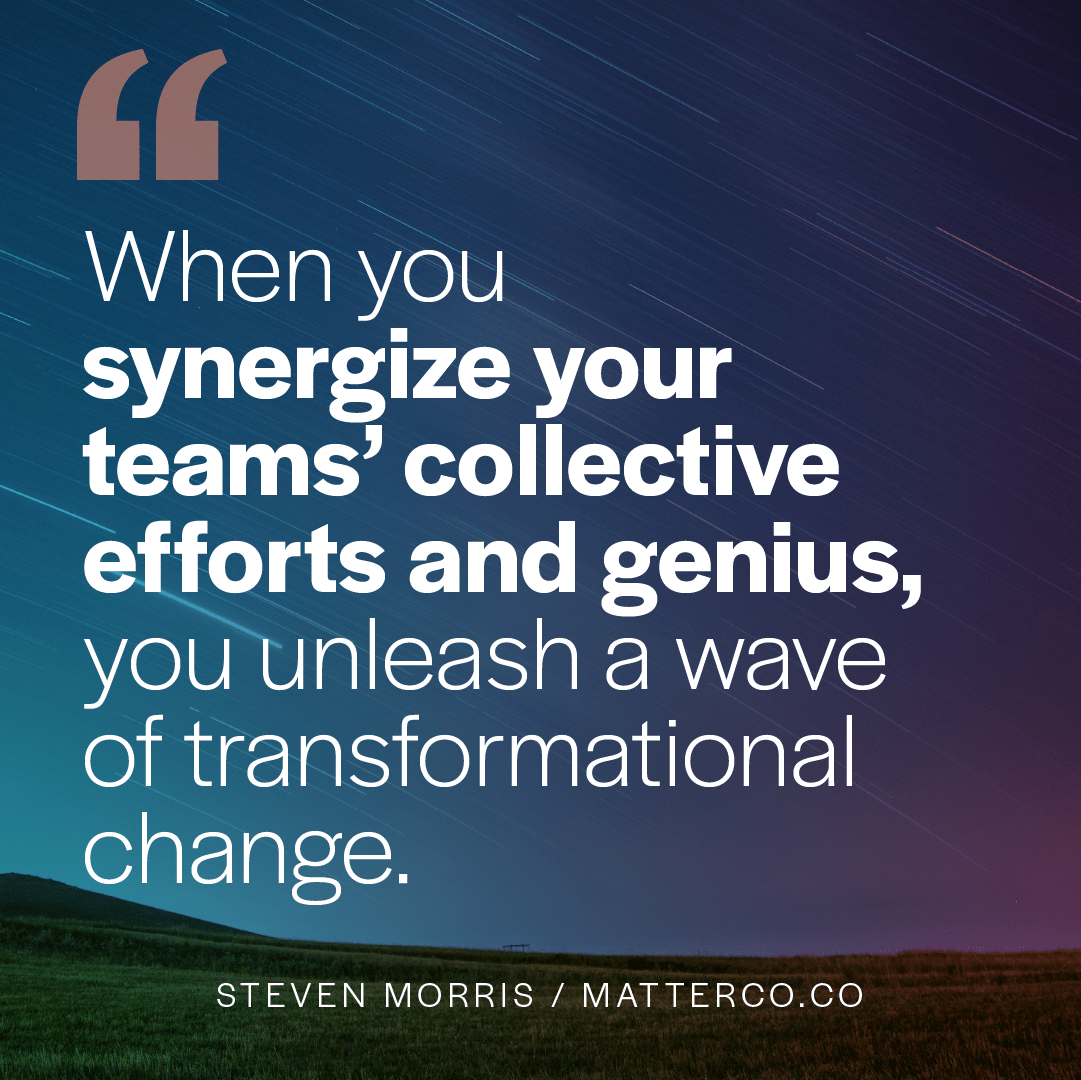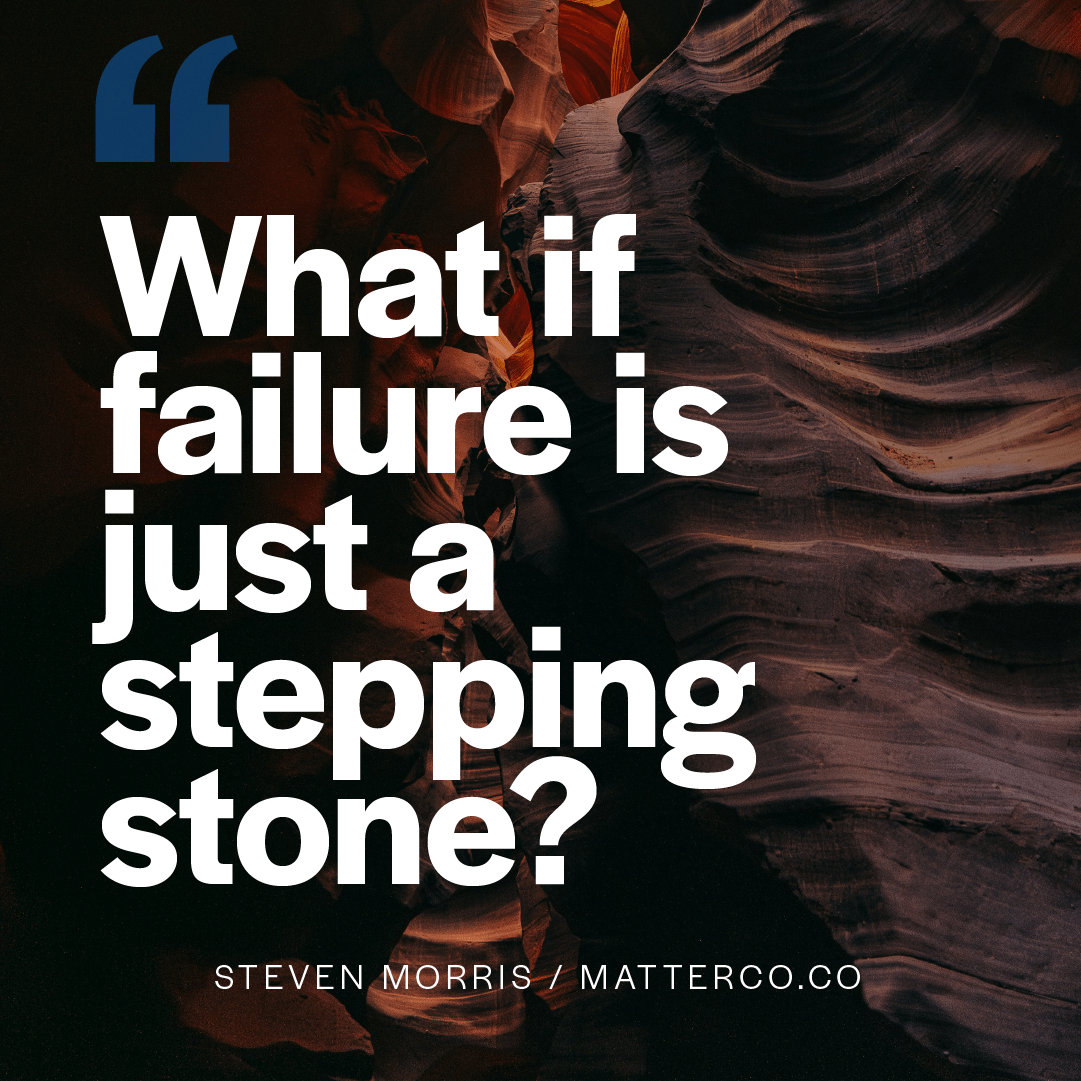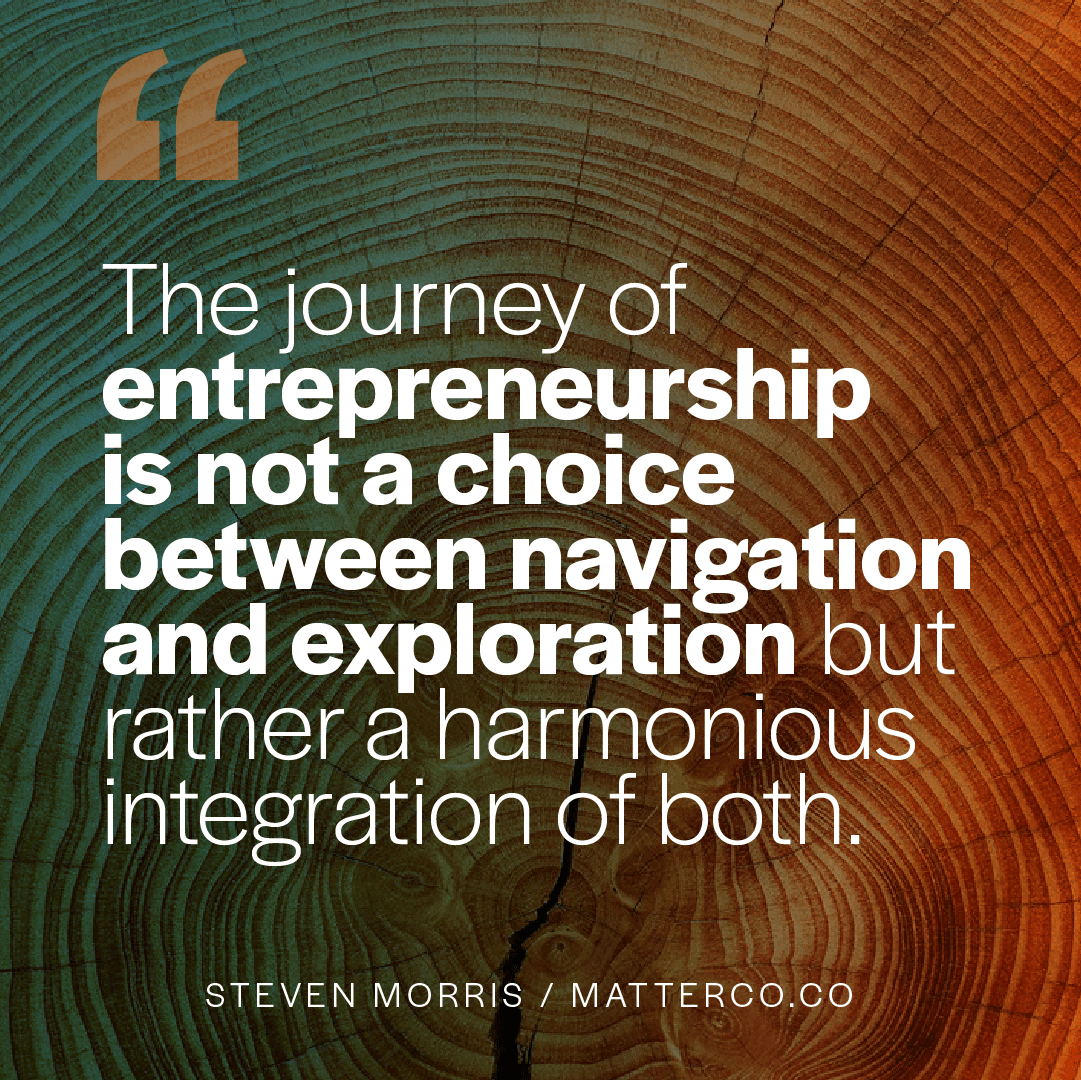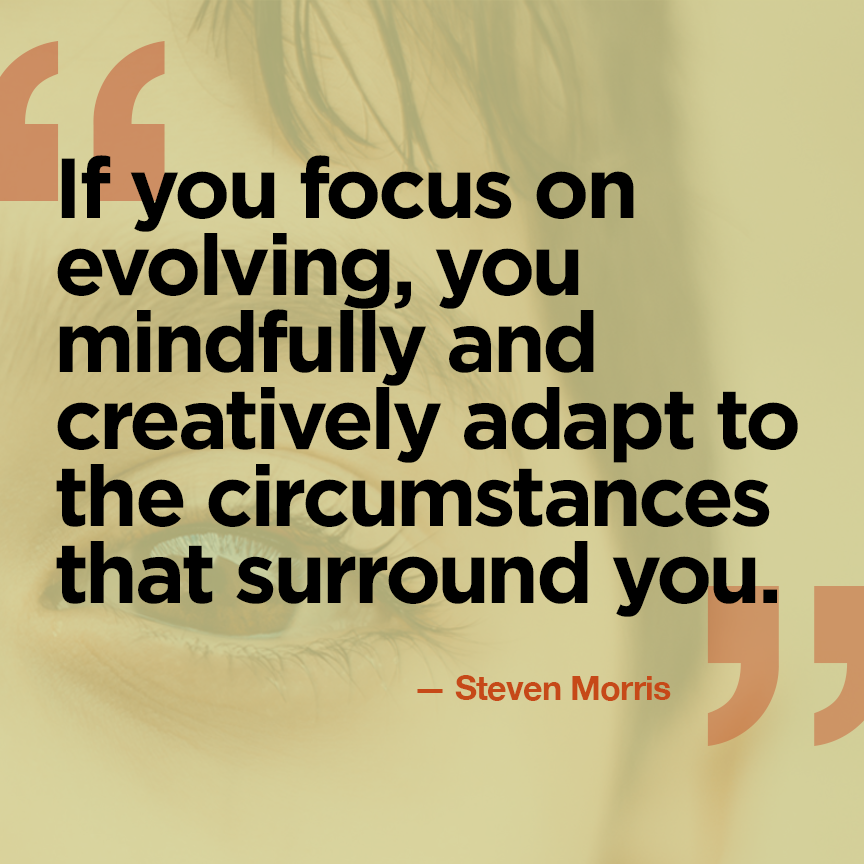
Growth vs. Evolution
“Conformity is the jailer of freedom and the enemy of growth.” — John F. Kennedy
It’s virtually impossible to think of building a successful business (or life) without the intention and traction to grow exponentially.
But growth for growth’s sake can be a trap.
The idea that you have to make a particular metric go up at any and all costs can lead to unintended outcomes, such as hiring too fast, on-boarding the wrong people, or compromises in quality, customer service or innovation. In this HBR article, Professor of Innovation at Northwestern’s Kellogg School of Management Robert Wolcott cautions us not to get seduced by “old metrics” in business. Any company can examine a wider set of metrics than simply top-line growth. For instance, companies can measure their innovation output, customer loyalty, or employee engagement, which all lead to healthy growth.
What if, instead of growing your business you nurtured its deliberate evolution instead?
What if, instead of growth, you thought about how you, your team, and your organization are evolving?
When you think in terms of evolving (making meaningful change as you adapt to circumstances) and nurturing (protecting something while it grows), you are compelled to be more intentional about how and why you’re growing. Focusing here makes all the difference.
If you focus on evolving, you mindfully and creatively adapt to the circumstances that surround you.
If you focus on nurturing, you can protect and steward what’s already established and valuable.
Consider these questions:
- Is your brand inhibiting your business growth?
- How does your business need to grow? In what way, in what direction, by what metrics?
- What does healthy, intentional, and sustainable growth look like for you and your team? How would you measure that?
- What are ways you can nurture your team so that they have the direction, focus, and space to engage with one another, serve customers and innovate?
- What are you unwilling to compromise on to achieve growth? What are the non-negotiables?
- How does your business define success? What does success look like for your customers?
Every expedition involves making two thoughtful decisions: where to go and how to get there. Success and goal achievement is no accident. Defining how you reach your focused goals can define the unique positioning of your business. Growing, nurturing and evolving your business is about forging your own courageous and bold path.
Let your business trajectory be a path of your definition and forging.
The most successful businesses aren’t aiming to be bigger; they’re evolving to become more valuable.
If you want a more trusting team, a culture of belonging or a magnetic brand that attracts more of the right customers, I can help. If you'd like to explore if working together makes sense, drop me a line.




